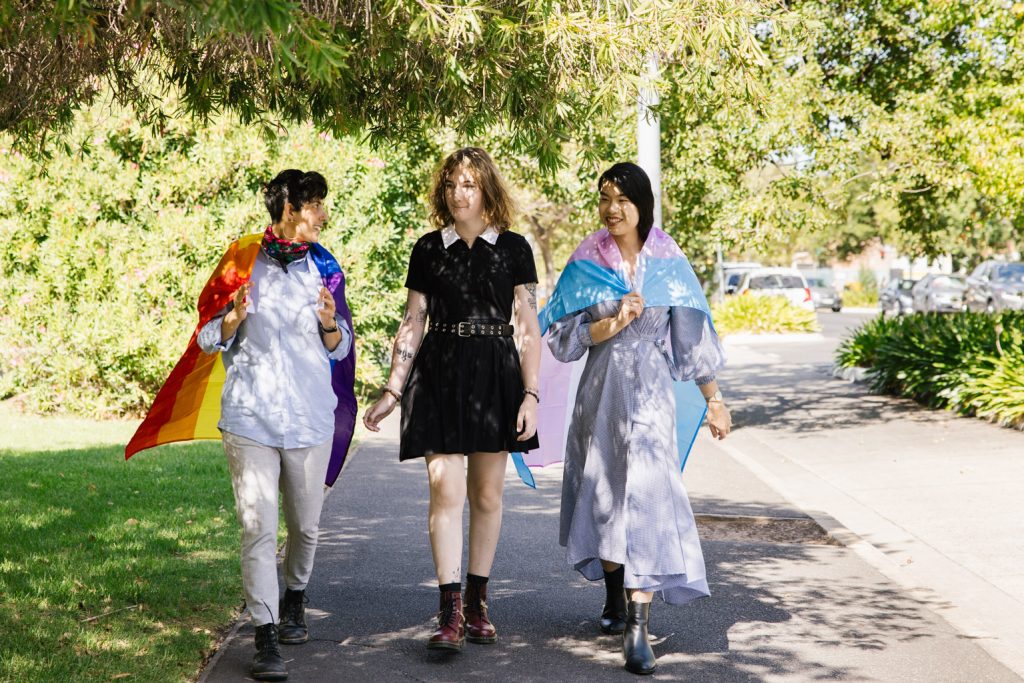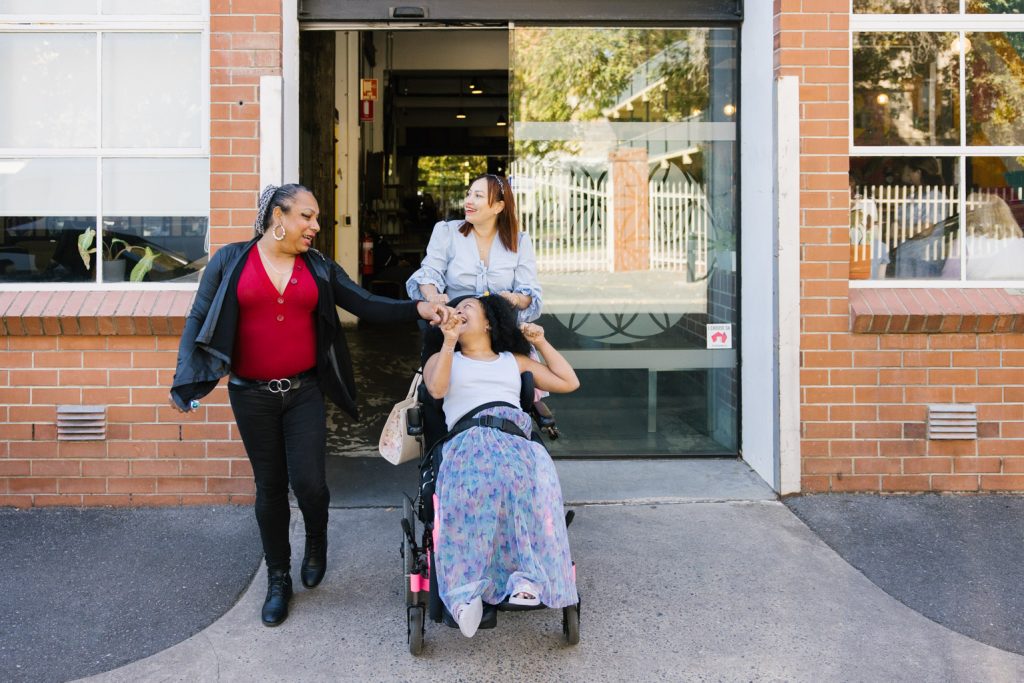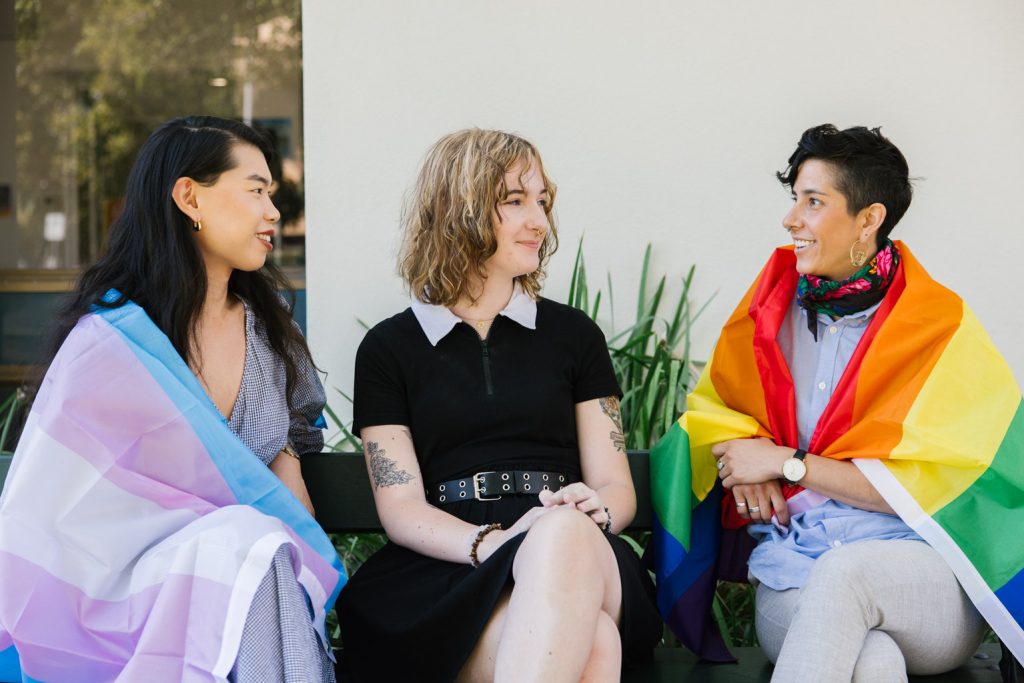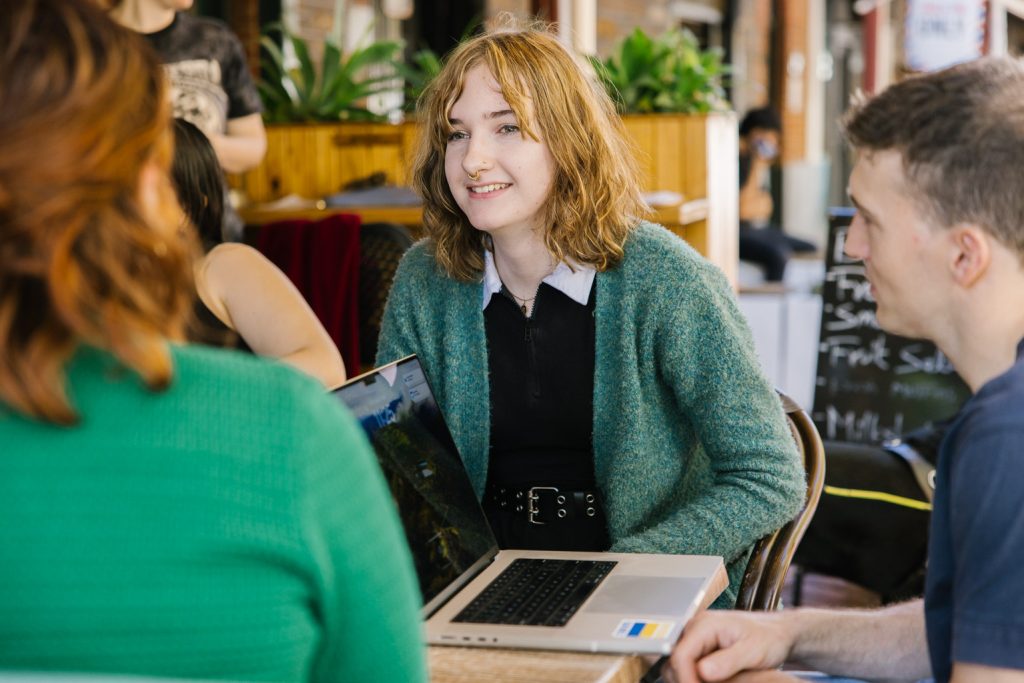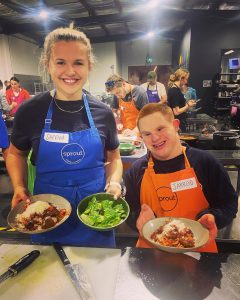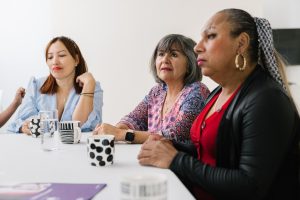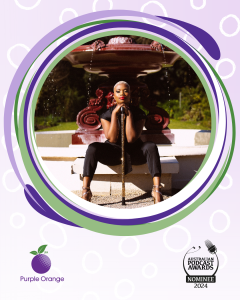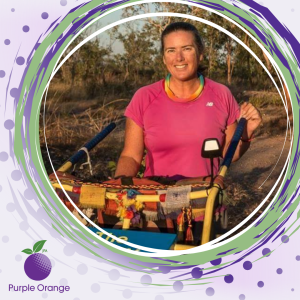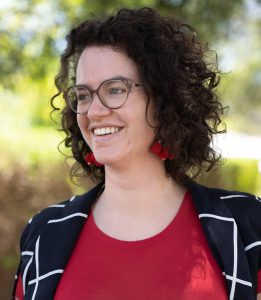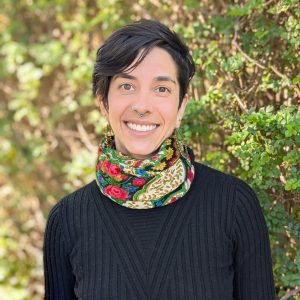LGBTQIASB+ people with disability are more likely to experience exclusion, shaped by ableism as well as sexism, homophobia, and transphobia. These overlapping experiences can lead to isolation and reduce access to safe, inclusive spaces. At JFA Purple Orange, we highlight these experiences and advocate for systems that respect the full diversity of disabled people. We centre lived experience, challenge discrimination, and push for policies, services, and communities that are safe and affirming for everyone.
- Address 104 Greenhill Road, Unley SA 5061
- Phone (08) 8373 8388 or 1300 857 327
- Email admin@purpleorange.org.au
- ABN 16 464 890 778

